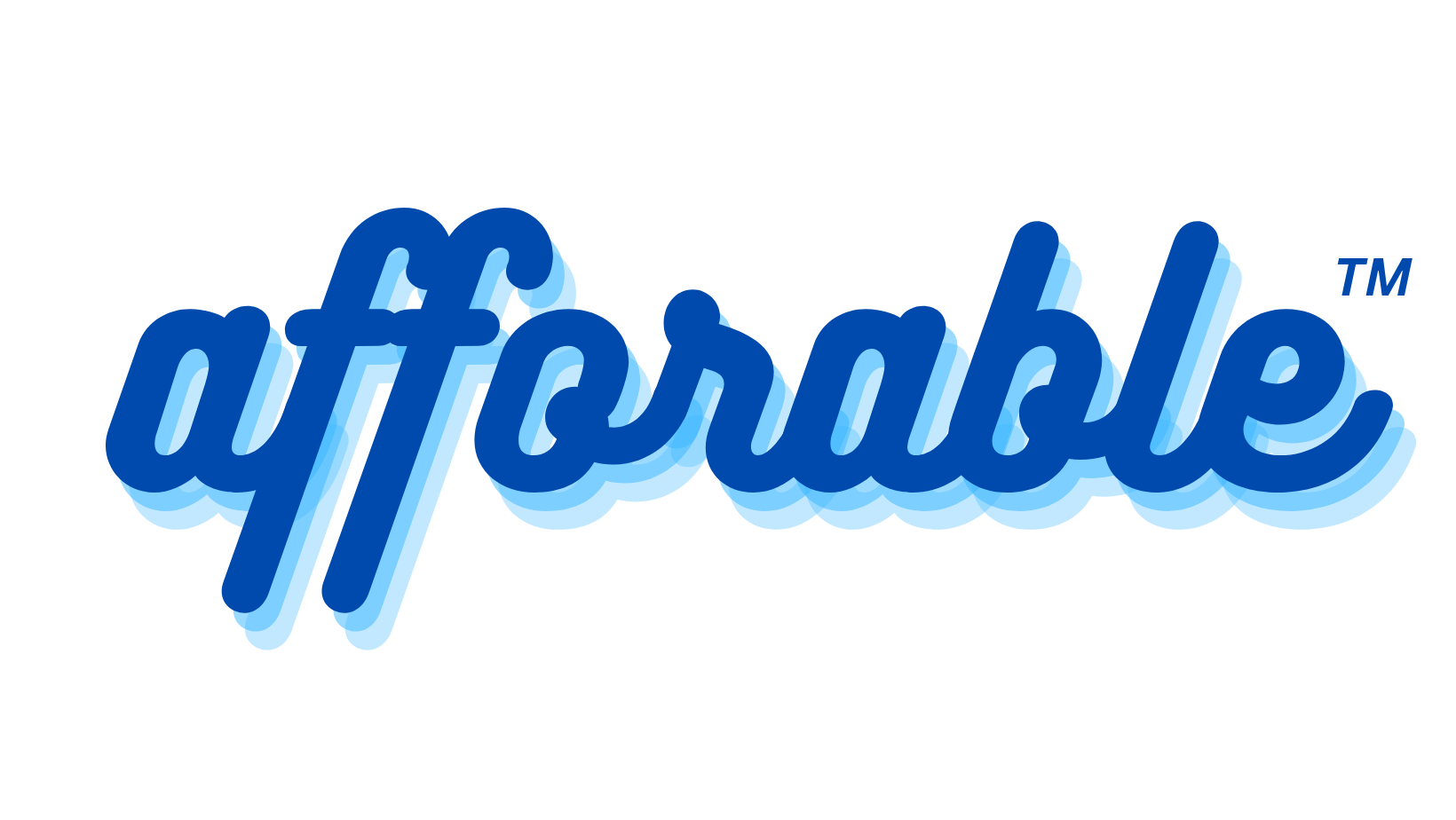Health insurance is a vital component of financial security, helping individuals and families manage the costs of medical care. However, when it comes to taxation, people often wonder whether health insurance premiums are subject to FICA (Federal Insurance Contributions Act) taxes. In this article, we’ll explore the taxation of health insurance premiums and the rules governing their treatment under the U.S. tax system.
1. Health Insurance Premiums and FICA Taxes
The good news for most individuals is that health insurance premiums are typically not subject to FICA taxes. FICA taxes fund two key federal programs: Social Security and Medicare. These taxes are generally applied to earned income, such as wages, salaries, and self-employment income. Health insurance premiums, on the other hand, are considered a benefit rather than earned income, which means they are typically exempt from FICA taxation.
2. Employer-Sponsored Health Insurance Premiums
Employer-sponsored health insurance is a common benefit provided by companies to their employees. Under normal circumstances, the portion of health insurance premiums paid by the employer on behalf of the employee is not considered taxable income and is exempt from FICA taxes. In other words, employees do not need to pay FICA taxes on the value of their employer-provided health insurance.
3. Employee Contributions
Many employer-sponsored health insurance plans require employees to contribute to the cost of their coverage. These employee contributions are typically made with pre-tax dollars, meaning that they are excluded from taxable income. As a result, the portion of health insurance premiums paid by the employee is also generally exempt from FICA taxes.
4. Tax Laws and Regulations
It’s essential to note that tax laws and regulations can change over time. While health insurance premiums are typically not subject to FICA taxes, it’s always a good practice to stay informed about the latest tax rules. Consulting with a tax professional or referring to the Internal Revenue Service (IRS) for the most current information and guidance is advisable.
5. Potential Tax Benefits
Additionally, it’s worth noting that there may be tax benefits associated with health insurance, such as Health Savings Accounts (HSAs) and Flexible Spending Accounts (FSAs). These accounts can provide tax advantages for healthcare expenses, allowing individuals to use pre-tax dollars to cover medical costs.
Conclusion: Understanding Taxation of Health Insurance Premiums
In general, health insurance premiums are not subject to FICA taxes, thanks to the distinction between benefits and earned income. Employer-sponsored health insurance premiums paid on behalf of employees, as well as employee contributions made with pre-tax dollars, are typically excluded from FICA taxation. However, tax laws can change, so staying informed about the latest regulations and seeking guidance from tax professionals or the IRS is essential for accurate and up-to-date information regarding the taxation of health insurance premiums.

